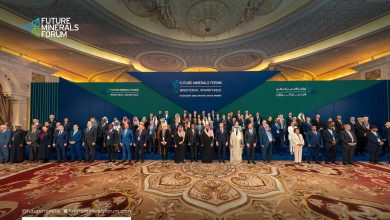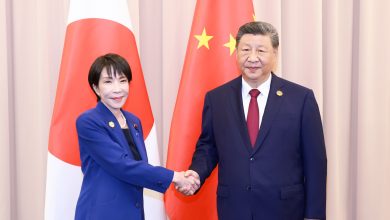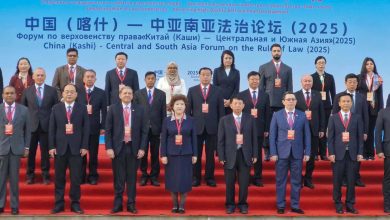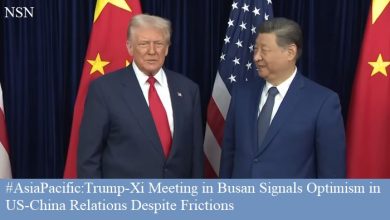Samarkand Hosts World Tourism Alliance Silk Road Dialogue to Foster Tourism
Samarkand Hosts World Tourism Alliance Silk Road Dialogue to foster global tourism through Silk Road exchanges, cooperation and connectivity
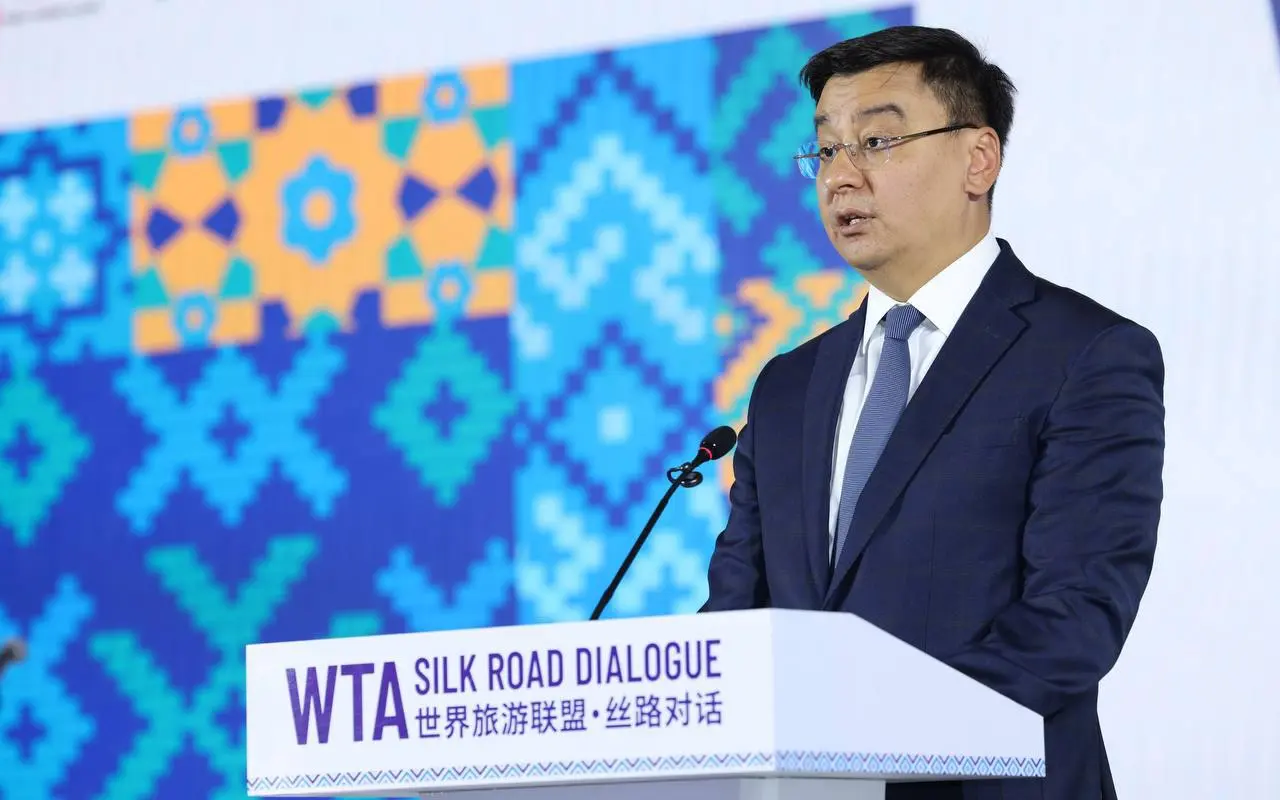
-
World Tourism Alliance Silk Road Dialogue envisions that tourism is a powerful tool for international cooperation and sustainable development
-
The dialogue aimed for building a better future through Silk Road exchanges and connectivity
By: Muhammad Arif, Editor NSN.Asia
Samarkand: The World Tourism Alliance Silk Road Dialogue (WTA Silk Road Dialogue) was hosted by the ancient city of Samarkand on July 3 to accelerate cooperation in tourism, and deepening cultural integration under the spirit of Silk Road, friendship, dialogue, exchanges and mutual cooperation.
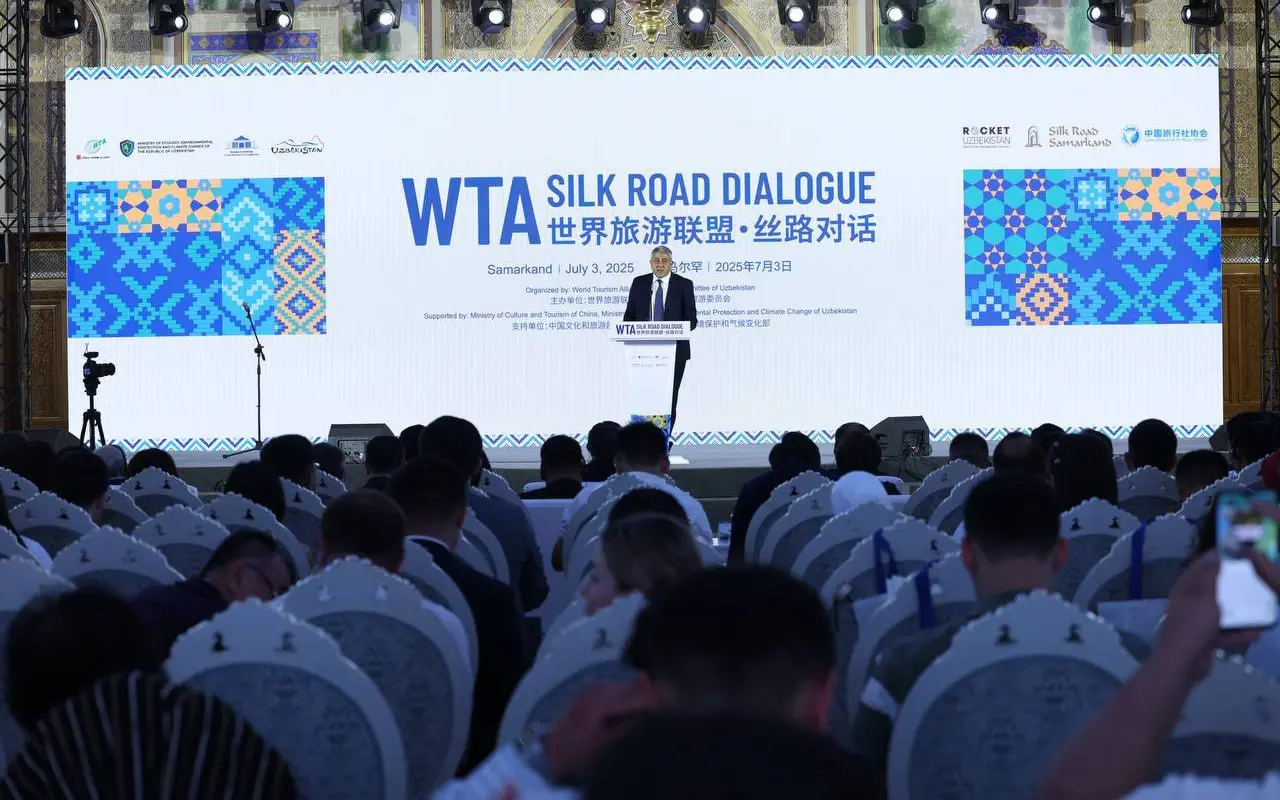
This global tourism event served as the main platform of the WTA aimed at strengthening international cooperation in tourism, promoting innovative solutions, developing talent, revitalizing rural areas, and deepening cultural integration.
The event was jointly organized by the Tourism Committee and the World Tourism Alliance (WTA) with the support of the Ministry of Ecology, Environmental Protection and Climate Change of Uzbekistan and the Ministry of Culture and Tourism of the People’s Republic of China.

The forum was attended by the Secretary-General of the UN Tourism Zurab Pololikashvili, Chairman of the Tourism Committee Umid Shadiev, Chairman of the WTA Zhang Xu, as well as more than 250 delegates — officials, representatives of international organizations, tourism associations, industry experts, and media representatives.
The plenary sessions and thematic panels of the forum were dedicated to the most pressing issues of the industry: development trends of the tourism markets in China and Central Asia, new opportunities for tourism along the Silk Road routes, digital promotion strategies, as well as the creation of unique tourism products for countries in the region.
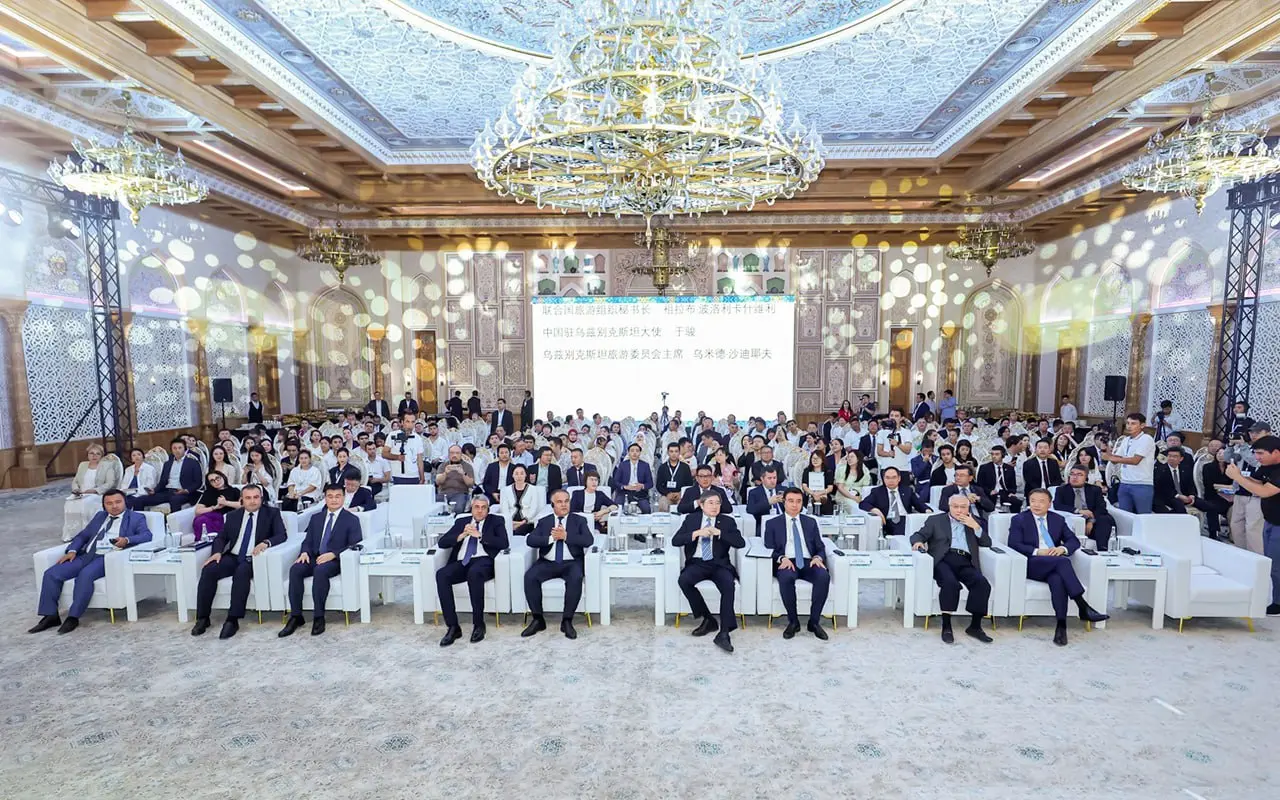
Special attention was paid to the presentation of the Joint Roadmap of the UN Tourism and the WTA aimed at the sustainable development of local communities through tourism. Additionally, a series of B2B meetings was held within the framework of the forum to strengthen business cooperation.
The event was held under the motto “Building a Better Future Through Silk Road Dialogue” and included both official sessions and cultural programs, including the evening presentation “Hangzhou Night.” This symbolic title emphasizes the importance of cultural ties within the framework of the Belt and Road Initiative (BRI).
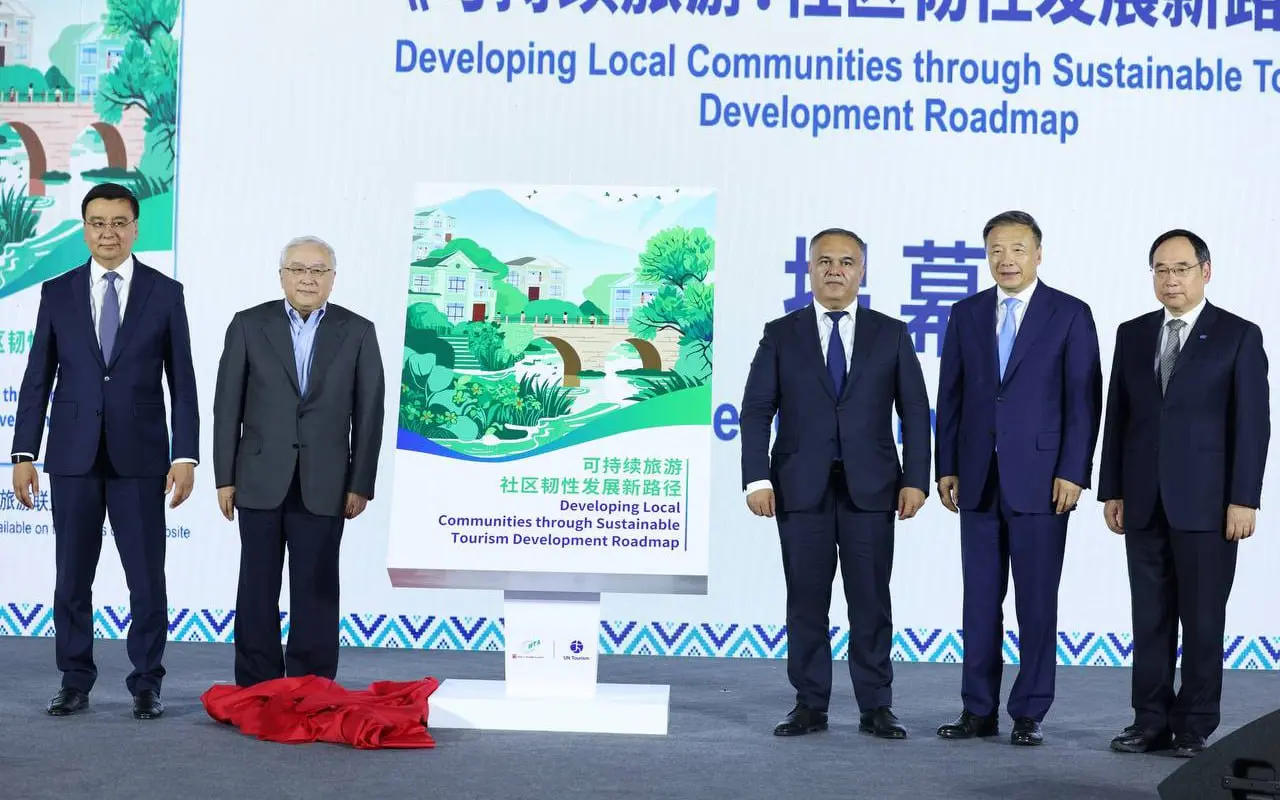
Uzbekistan’s selection as the venue was no coincidence: the country is actively developing partnerships with China and other BRI countries, strengthening political, economic, and humanitarian relations. The dialogue in Samarkand gave a strong impetus to further market research, the creation of new tourist routes, and the enhancement of international exchange.
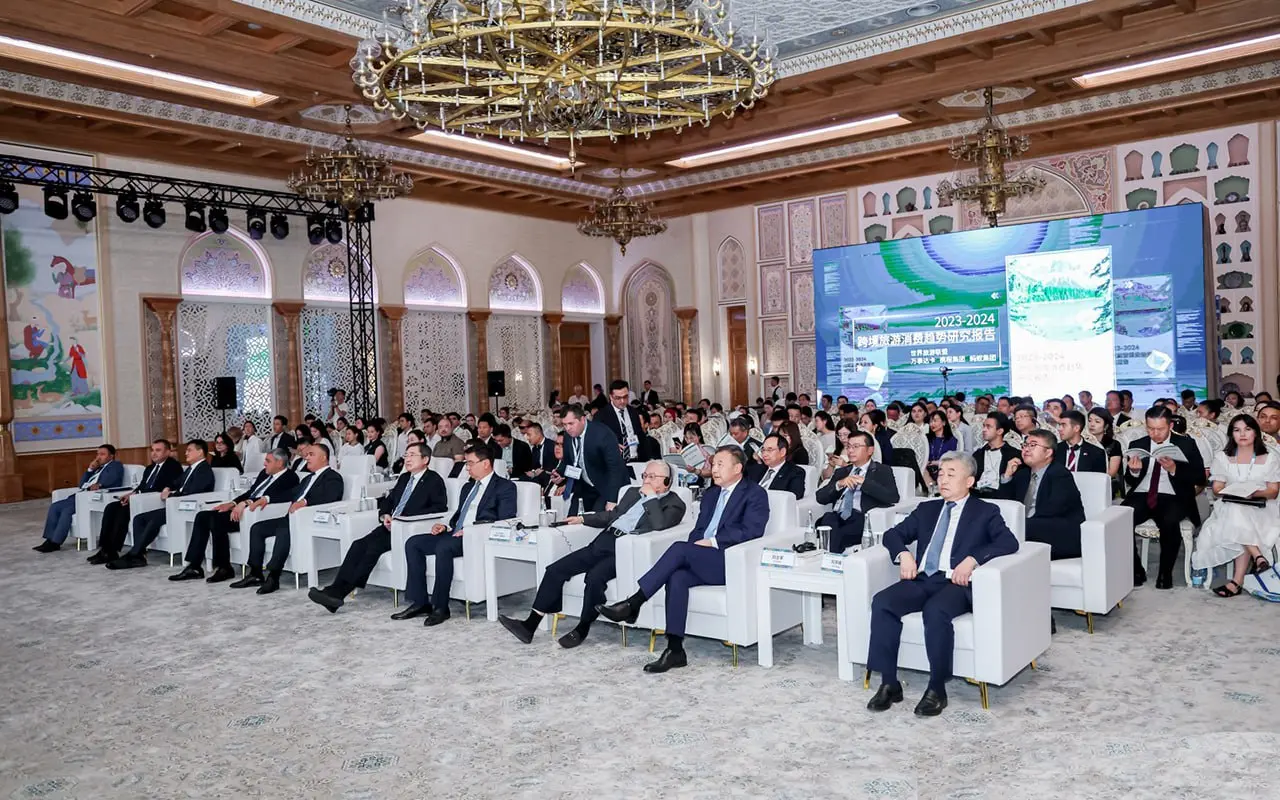
The World Tourism Alliance, established in 2017 in Chengdu, China, brings together 259 members from 45 countries. Supported by the Ministry of Culture and Tourism of China, the organization seeks to promote tourism as a force for sustainable development, improving quality of life, and global understanding.
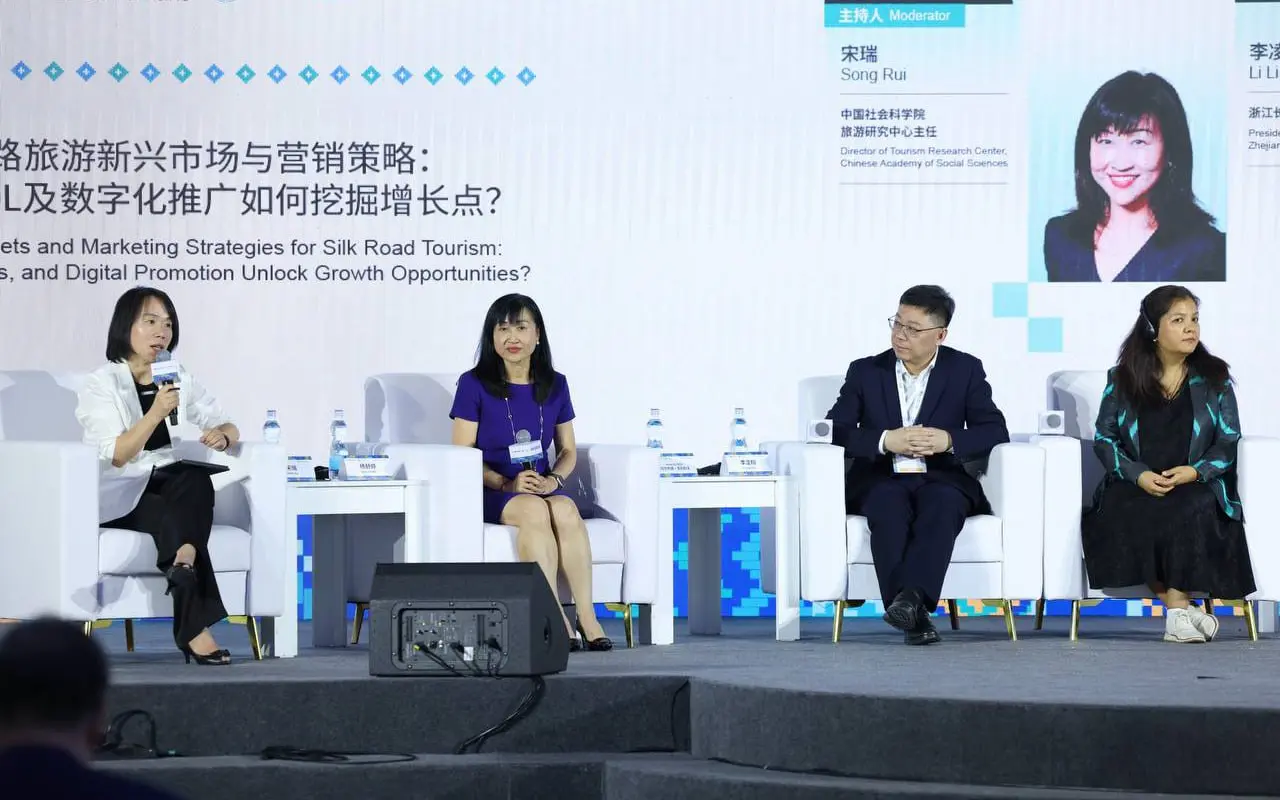
World Tourism Alliance Silk Road Dialogue in Samarkand once again proved that tourism is a powerful tool for international cooperation and sustainable development, and that Uzbekistan is an indispensable and promising participant in this process on the modern Silk Road.
Samarkand has long been the jewel of the Silk Road and a central point for trade between China, Persia and Europe. At times Samarkand was one of the largest cities in Central Asia, its bustling bazaars and mighty monuments have attracted tourists and poets.
Tourists from around the globe travel to Uzbekistan’s Silk Road cities, home to some of the Islamic world’s greatest sights to explore stunning mosques, madrassas, and landscapes.
The cities of Bukhara, Khiva, and Samarkand are Uzbekistan’s most-visited tourist sites , which are associated with the history of the Silk Road.
In 2023, Uzbekistan saw 6.6 million foreign tourists, marking a significant increase compared to 2.7 million in 2017, according to the Uzbek sources. This surge in tourism contributed approximately $2 billion to the economy, representing about 3.5% of the country’s GDP.
According to the Committee for Tourism Development, 5.7 million foreign tourists visited Uzbekistan in January-September
Statistics show that 74,304 Chinese tourists visited Uzbekistan in 2024, up from 42,470 in the previous year. Uzbekistan has been exploring its tourism potential and has developed new historical routes to attract domestic and foreign tourists.
to advancing its tourism sector, Uzbekistan is investing on its rich cultural heritage, historical sites, and stunning natural landscapes according to the “Uzbekistan – 2030” Strategy , which aims to boost the number of tourists by creating favorable conditions for both international and domestic tourism.


